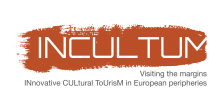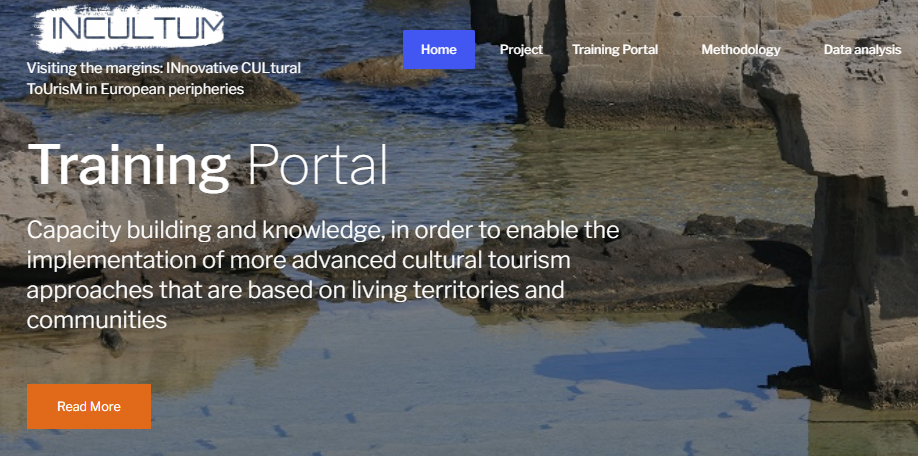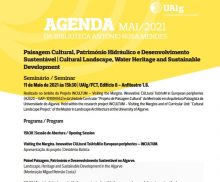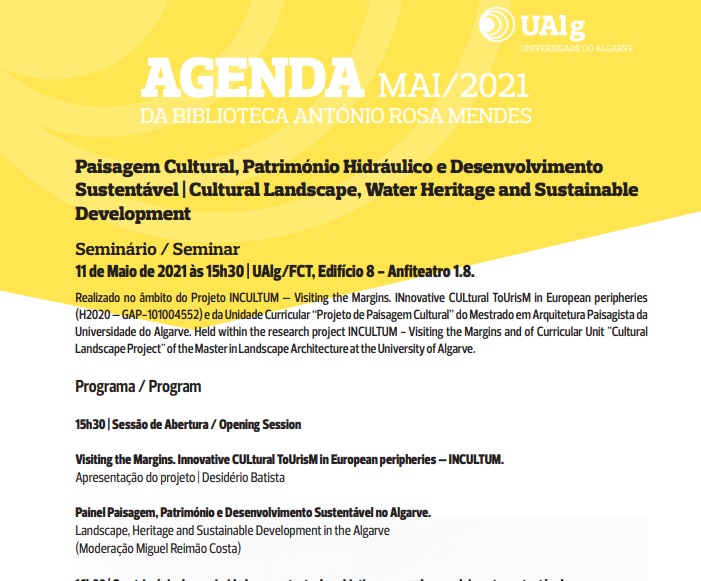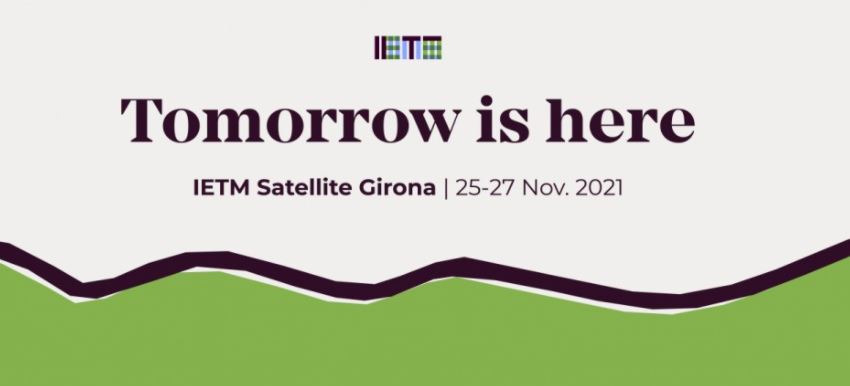
IETM, the International network for contemporary performing arts is a large international cultural networks, representing over 500 performing arts organisations and individual professionals working in the contemporary performing arts worldwide.
From 25 to 27 November, the 2021 edition of IETM Satellite Meeting will be held in Girona, co-organised by the Institut Català de Les Empreses Culturals – Catalan Arts and Institut Ramon Llull, in collaboration with the Temporada Alta Festival and the Girona City Council.
The aim of event, titled “Tomorrow is here“, is to explore new ways to reposition the arts as a relevant agent for social change.
Participants will be able to choose from three different thematic threads, each exploring a particular space for social change:
- New funding schemes and cultural policies – about emergence, dialogue and artistic intelligence.
- Alternative models for the international – this strand intends to reflect to find alternative international way of working, starting from the fundamental needs of human fulfilment.
- Opportunities for artistic innovation – ideas and good practices of how innovation can be integrated in artistic work.
The programme of Satellite Girona provides:
- presentations on initiatives that have promoted social change and ways to deconstruct the role of the arts in the society;
- Specific considerations on how the COVID-19 pandemic experience has shaped and is shaping our today and our tomorrow.
- different working groups, each focused on one of three thematic threads, which will come together to think about actions, ideas and changes for “tomorrow”.
In addition, the programme includes some artistic performances, selected by a specific commission, and 2 trips (a pre-meeting trip and a post-meeting trip) that will be organized around the city of Girona to visit other cities and towns hosting innovative projects with a creative and cultural thrust.
The event will have a hybrid format, on-site and online and some of the meeting activities are organized so that online participants can actively take part as well.
Learn more about the Satellite Girona programme here.


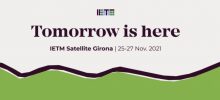
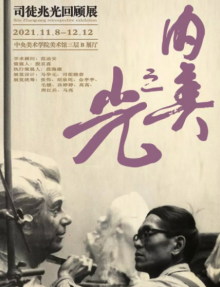
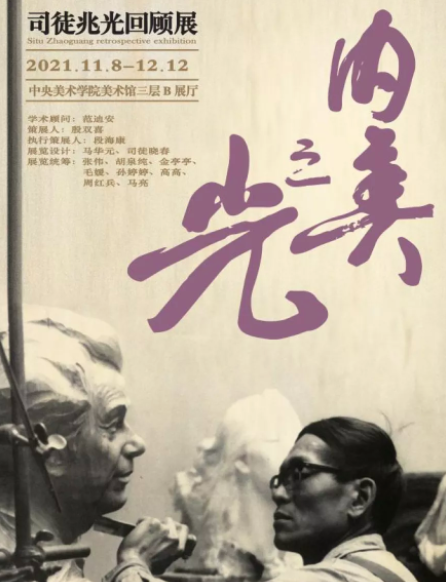 Situ Zhaoguang is one of the most renowned sculptors of China.
Situ Zhaoguang is one of the most renowned sculptors of China.















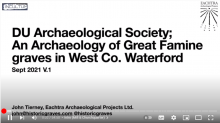
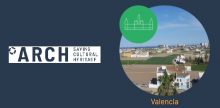
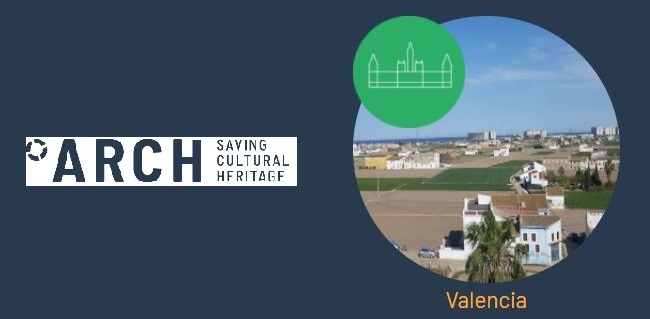 ARCH (Saving Cultural Heritage) is an EU-funded H2020 project focused on preserving areas of cultural heritage from the dangers and risks of climate change.
ARCH (Saving Cultural Heritage) is an EU-funded H2020 project focused on preserving areas of cultural heritage from the dangers and risks of climate change.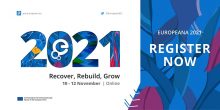
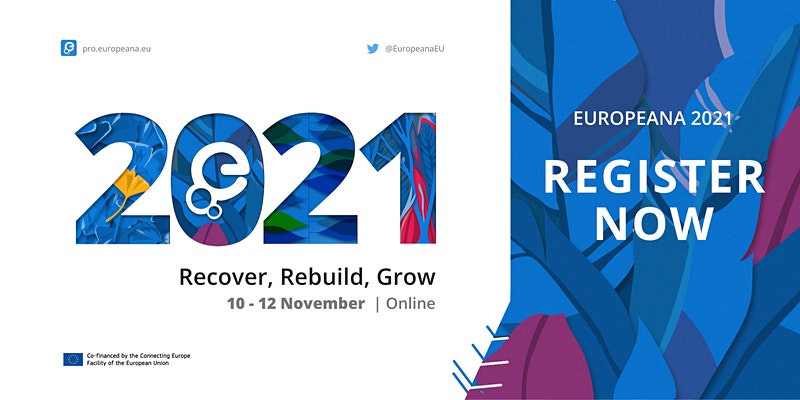


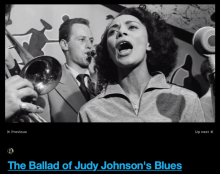
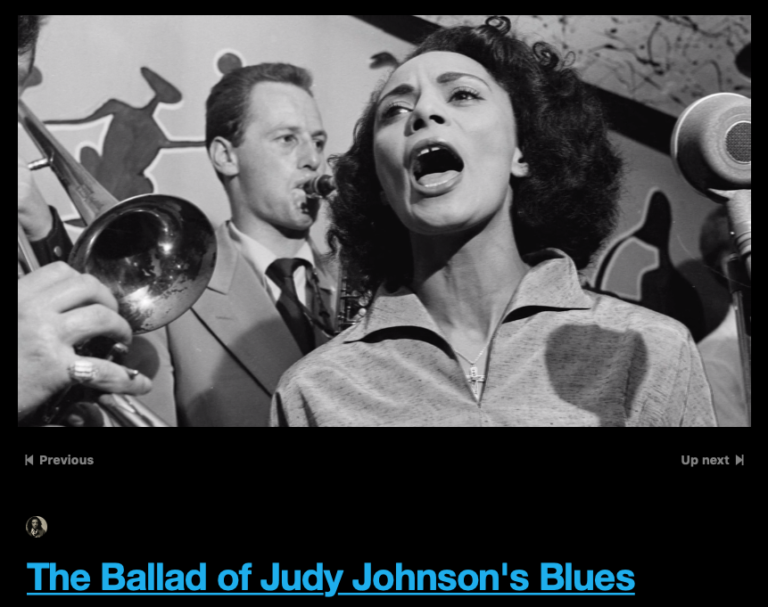 In preparing the content materials for the aggregation to Europeana, partner TopFoto referenced its inaugural writer-in-residence, Rommi Smith and her residency-collaboration with musician and composer, Christella Litras. This residency, TopFoto’s expertise and its collaboration with artist-researcher, Rommi Smith, has led to the planning of a WEAVE LabDay that is geared towards artists, researchers, archivists, CHIs and other key stakeholders that engage with photographic content. This LabDay also features contributions including from John Balean, Operations Manager at TopFoto.
In preparing the content materials for the aggregation to Europeana, partner TopFoto referenced its inaugural writer-in-residence, Rommi Smith and her residency-collaboration with musician and composer, Christella Litras. This residency, TopFoto’s expertise and its collaboration with artist-researcher, Rommi Smith, has led to the planning of a WEAVE LabDay that is geared towards artists, researchers, archivists, CHIs and other key stakeholders that engage with photographic content. This LabDay also features contributions including from John Balean, Operations Manager at TopFoto.